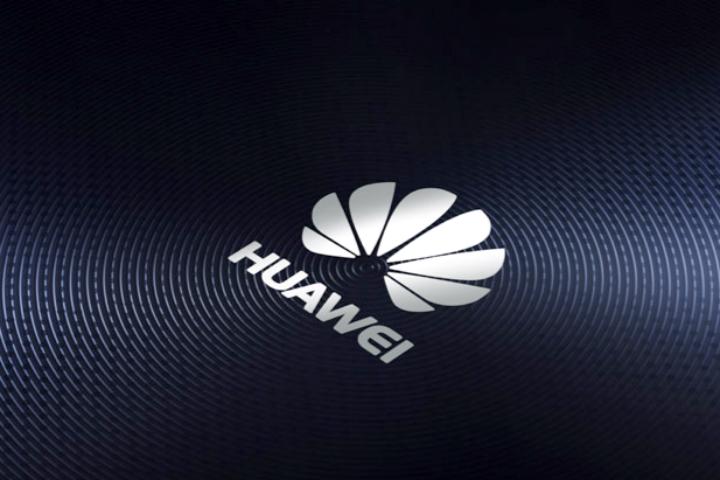
According to Huawei Vice President of Consumer Business Colin Giles, who spoke to the publication, the company wouldn’t cede to Google’s demand that it omit its own branding from the phones’ hardware, software, and advertising. Tellingly, the Pixel and Pixel XL lack HTC’s signature branding and software — they bear the Google logo instead, a departure from hardware released under Google’s Nexus program, which always featured the manufacturer’s branding.
Reportedly, that was the straw that broke the camel’s back. Android Police, citing a source familiar with Huawei’s operation, reported that the Chinese company’s smartphone partnership with Google was “never fully realized.” In fact, last year’s Nexus 6P was intended to jump-start the partnership — it was one of first devices available with Google’s device protection program, and one of the first compatible with Google’s cellular service, Project Fi.
But it fell short of Huawei’s expectations. Google reportedly promised Huawei prominent placement in the brick-and-mortar stores of all major U.S. carriers, including T-Mobile, Verizon, AT&T, and Sprint. And it expected Google to spearhead a “massive, multi-hundred-million dollar” ad campaign for the Nexus 6P, with the implicit agreement that Huawei would match the company’s advertising budget dollar for dollar. Instead, things soured: the Nexus 6P never launched on a major carrier, and Google demanded timed exclusivity on the Google Store.
Google dictated terms for the Pixel devices, too, much to Huawei’s purported chagrin. The search giant, which wanted as many as three smartphones, insisted that the Chinese company’s logo and name “be featured nowhere on the devices’ exteriors or in their marketing.” Huawei global chief Richard Yu himself reportedly became involved in negotiations, eventually ending them when Google refused to budge.
HTC was happy to oblige, on the other hand. The embattled smartphone maker, which saw the arrangement as an opportunity to prop up sagging profits, agreed to produce Pixel phones without branding.
Despite the differences of opinion between Google and Huawei, though, the two reportedly remain close. Android Police reported that the companies continue to pursue “strategic initiatives” and products together, including a phone for the second half of 2017. Perhaps more intriguingly, though, Huawei may be slated to debut the premiere device for Google’s rumored Andromeda operating system, a hybrid of Chrome OS and
Editors' Recommendations
- Is the Google Pixel 8a waterproof?
- The 10 most important things to know about the Google Pixel 8a
- Google just launched a new Pixel Tablet … kind of
- 5 ways the Samsung Galaxy S24 beats the Google Pixel 8
- 5 smartwatches you should buy instead of the Google Pixel Watch 2